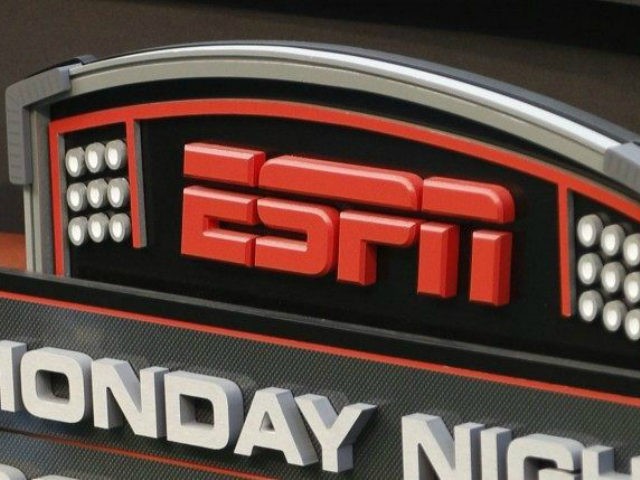ESPN’s well-publicized hemorrhaging of subscribers peaked in recent months, greatly hindering the Bristol-based giant’s all-important ability to purchase sports rights.
Now, subscriber loss reached such a level that ESPN has become a financial drain on its parent-company Disney.
Other Disney TV properties have also taken hits, but ESPN’s subscription face-plant, highlighted by the earth-shattering loss of 621,000 subscribers in October, has Disney most concerned, considering that ESPN accounts for a huge portion Disney’s operating income.
According to Variety:
Disney’s trials in TV reflect broader industry upheaval; at ESPN, cord-cutting and cord-shaving eating into the affiliate revenue base. Cable affiliate revenue has been the bedrock of earnings for media conglomerates, and Disney is no exception. By some estimates, ESPN accounts for as much as 30% of Disney’s operating income, and the sports powerhouse has shed 10 million subscribers in the past five years.
ESPN is, in some ways, suffering from its own success. Because of its marquee sports programming, it is by far the highest-priced cable channel for MVPDs to carry, commanding a monthly fee of more than $7 per subscriber. Disney over the years has been relentless in pushing MVPDs for steady fee increases because of ESPN’s status as a must-have channel for sports fans. Now that high cost serves as an incentive to MVPDs to leave ESPN out of smaller bundles offered for lower prices than the traditional MVPD basic package.
Meanwhile, the long-term bills for ESPN’s sports rights have skyrocketed in the past few years, due in part to renewed competition from Fox Sports and NBC Sports. That has set up a perfect storm of rising costs, softening ratings, and falling affiliate revenue.
To say that ESPN suffers from its own success is certainly one way of looking at it. The other way is that ESPN suffers because it has become insufferable. Not to totally dismiss the subscriber costs and cord-cutting that has plagued ESPN, but if those market factors fully explained the loss in subscribers then why, just two weeks ago, did ESPN Ombudsman Jim Brady write a voluminous mea culpa admitting that ESPN had lurched way too far to the left, thus alienating many of its viewers?
Not only that, Brady also outlined new rules regarding on-air and social media conduct for ESPN personalities that prevent them from going off on prolonged, leftist political rants. If what ails ESPN can simply be chalked-up as conspiring market forces in the greater war on cable television then such a lengthy, and surely painful admission from the “four-letter network” would prove unnecessary.
Until ESPN commits to sports as escapism, subscribers will continue to escape from ESPN.
Follow Dylan Gwinn on Twitter: @themightygwinn

COMMENTS
Please let us know if you're having issues with commenting.